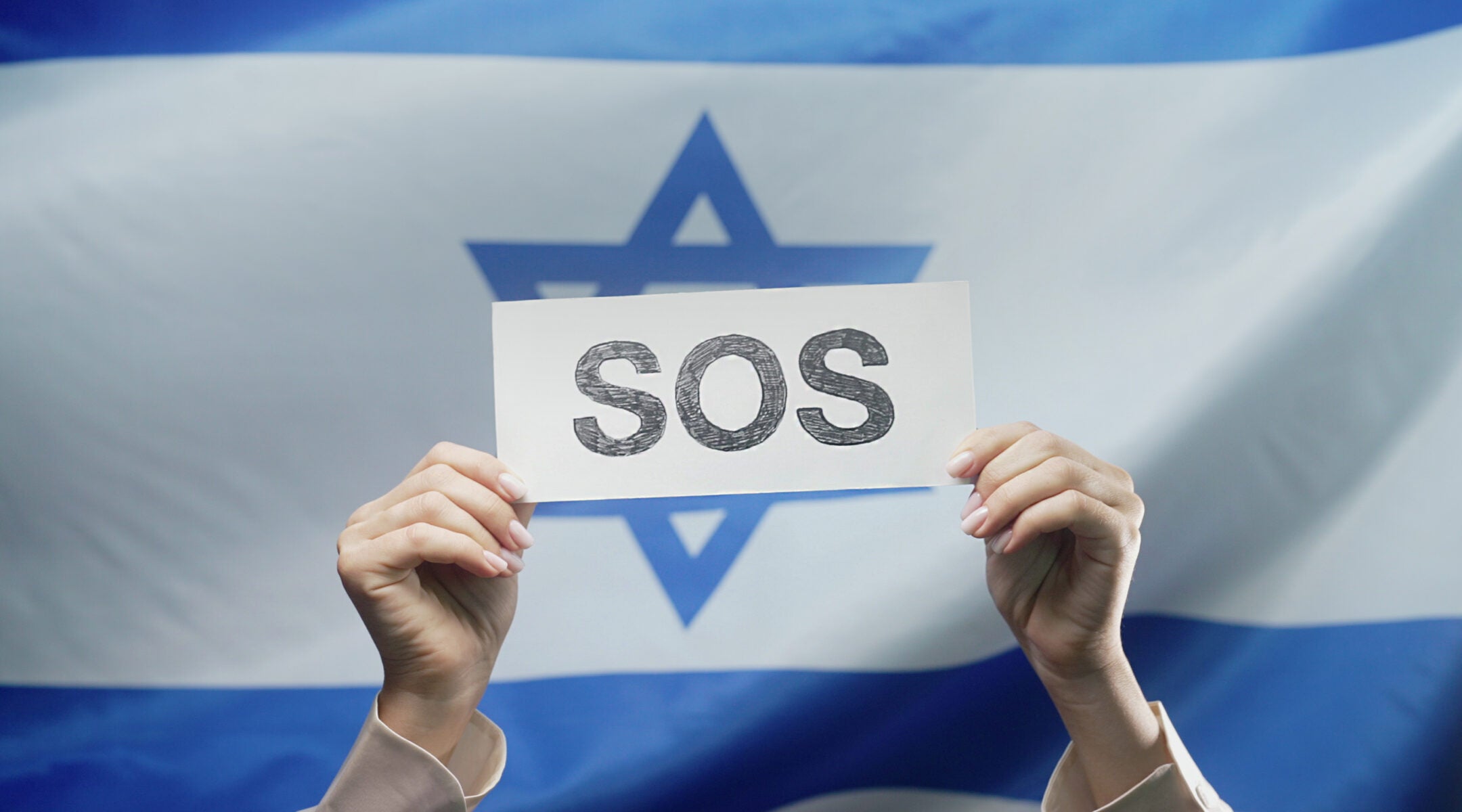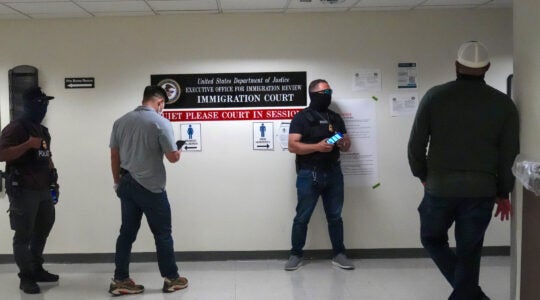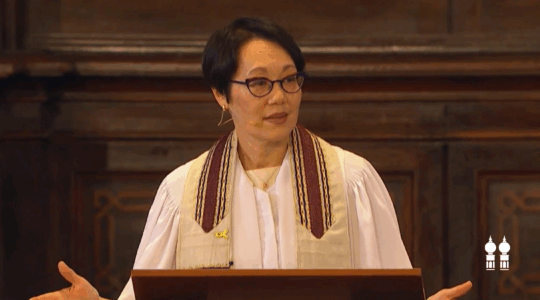For over 75 years, the State of Israel has taken pride in protecting worldwide Jewry as well as its own citizens. The current surge in antisemitism, however, reveals a collapse in this dual promise and obligates Diaspora leaders to adopt a new assertiveness toward distracted decision-makers in Jerusalem.
The Basic Law of the Jewish state establishes Diaspora well-being as a priority: “The State shall strive to secure the welfare of members of the Jewish People and of its citizens who are in straits and in captivity due to their Jewishness or due to their citizenship.” Additionally, the law promises “to preserve the cultural, historical, and religious heritage of the Jewish People among Jews of the diaspora.”
These are not empty words. In the past, Jerusalem has frequently fulfilled those pledges. Some efforts were small scale, as when Israel’s parliament lobbied European governments not to ban kosher meat. Others were larger, as when Israeli diplomats won the right of Jews “in captivity” to emigrate from hostile states, notably the Soviet Union and Syria. Most ambitiously, Israeli planes rescued Jews “in straits” from countries such as Yemen, Iraq and Ethiopia, airlifting them to safety in Zion. In brief, Israel’s existence strengthened the Diaspora.
That changed, however, as Palestinians replaced Arab states as Israel’s main enemy. With this, anti-Israel narratives gained far more traction in the West. If Iraqi tyrant Saddam Hussein’s rants had minimal appeal, model Bella Hadid and Kneecap’s musicians reach vast audiences, while Israel-hating politicians rise to prominence and major media sympathize with Palestinian rejectionism. The “Free Palestine” campaign, the university encampments, and boycotts of Israel result from the perception — however inaccurate — that the terrorist state Israel occupies, oppresses, torments and ethnically cleanses Palestinians in its pursuit of imperialist and genocidal goals.
One shocking symptom has been the unprecedented step of a democratically elected prime minister (of Spain) accusing another democracy (Israel) of genocide. Almost as startlingly, a Jewish U.S. senator (Bernie Sanders) made the same accusation.
More broadly, a recent Quinnipiac Poll found that, due to the war in Gaza, Israel’s support in the United States among registered voters has fallen to unprecedented lows, and even ranks marginally behind that of the Palestinians. More striking, half of the sample, and an identical number in a Harvard-Harris poll, believes Israel has committed genocide. The same Harvard-Harris poll also found that 18-24 year-olds support Hamas over Israel by a ratio of 60-to-40.
The Basic Law’s promises withered as anti-Zionism bled into antisemitism. Israeli actions now meet with widespread condemnation in the very democracies where some 98% of the Diaspora lives. Were Israel and the Palestinians not constantly in the news, it follows, the surge in antisemitism would not rage from New Zealand to Canada to France. In its annual audit of antisemitic incidents in the United States, the Anti-Defamation League found in 2024 that, for the first time, a majority of cases explicitly referred to Israel or Zionism.
However identical in outcome, the two “isms” stem from distinct sources; anti-Zionism focuses on alleged negative Israel actions, antisemitism on supposed negative Jewish traits. Therefore, crucially, the surge in anti-Jewish sentiments appears to result primarily from hostility toward Israel, not toward Diaspora Jews. Quiet populations who arouse little to no opposition get associated with Israel and pay the price for its perceived sins.
As Westerners cannot readily strike at Israel or its interests abroad, they mostly attack the soft targets in their midst, such as kosher restaurants and synagogues, as in England this week; or they assault individual Jews, whether ones marching in favor of Israel and Israelis, attending college, wearing a kippah, or traveling on a bus. Thus has Diaspora Jewry become collateral damage of the Gaza war.
Israeli authorities obviously realize this problem but, having to contend with a seven-front war and hostages in Gaza, the predicament of Diaspora Jews inevitably ranks as less urgent for them than eliminating Hamas. Plus, consuming domestic political disputes further sideline worries about co-religionists living in democracies.
However: Looking at Israel’s war on Hamas from this perspective transforms the role of Diaspora Jewry from pesky kibitzer with no skin in the game to a partner with much at stake. The burden therefore falls upon Diaspora Jews — and the U.S. contingent that dominates their numbers, organizations, and means — to stand up for their own interests. This process involves three steps.
First, face up to the disagreeable fact that Israeli actions now less “secure the welfare” of the Diaspora than endanger it. A recent poll of Jewish students worldwide finds 78% conceal their religious identity and 81% hide their support for Israel.
Second, reject the old Israeli saw about Diaspora Jewry keeping its mouth shut and its pocketbook open. Yitzhak Rabin was far from alone in holding this attitude when he classically articulated it as prime minister in 1995, admonishing Americans who opposed his efforts to reach a peace deal with the Palestinians. “They have no right to intervene in the way the people of Israel have decided, in a very democratic way, on which direction to go when it comes to war and peace. They have the right to speak to us, but by no means to act, as Americans, against the policy of the government of Israel,” he said, adding, “Whoever does not have daughters or sons who serve in the [Israeli] army has no right to intervene or act on issues of war and peace.” Even were this claim legitimate 30 years ago, it lacks validity today, when Israel’s actions so clearly imperil Diaspora welfare and security.
Third, organize to lobby Israel’s government and demand that, when making critical decisions, it take Diaspora voices into account. While the Diaspora cannot aspire to formal seats in the cabinet room or literal votes on policies, it can and must stand up for its rights. This means less deference to parents of “daughters or sons who serve in the army.” The process starts with moral suasion; if that fails, it rises to tougher tactics. “Listen to us, pay attention to our concerns, or we will distance ourselves from Israeli actions, perhaps even repudiate them.” Such a statement will surely rivet attention in Jerusalem and bring focus to Diaspora needs.
JTA has documented Jewish history in real-time for over a century. Keep our journalism strong by joining us in supporting independent, award-winning reporting.






